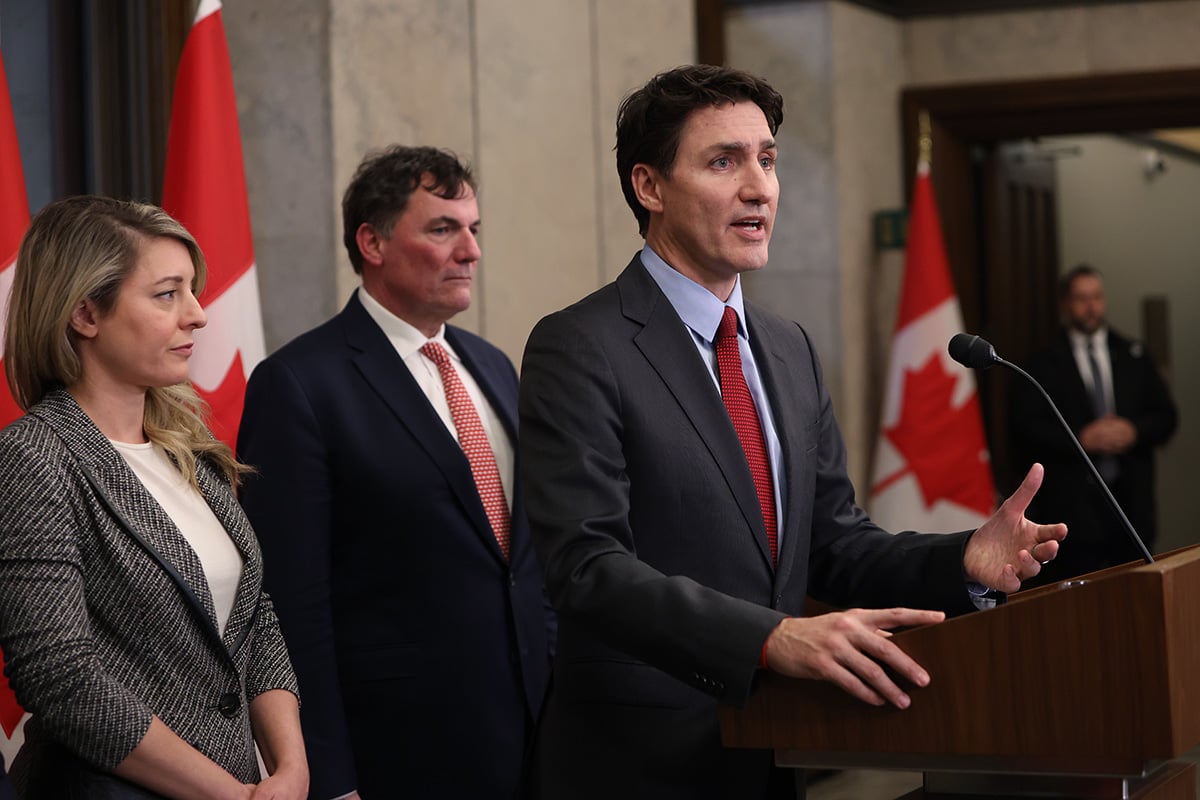Traders would be limited in the positions they can hold in oil, wheat, gold, and other commodities under a proposal approved by the U.S. Commodity Futures Trading Commission (CFTC).
The CFTC proposal, approved on a 3-to-1 vote yesterday, would cap the number of futures contracts a company can hold in 28 commodities. The limits were sought by Congress after airlines, trucking firms, and consumer groups blamed speculators for surging fuel prices in 2008. Among the measure's supporters was Commissioner Bart Chilton, who yesterday announced that he would soon step down from the agency.
The vote marks the CFTC's second attempt at a position-limits rule, after a federal judge rejected an earlier version on grounds that the agency failed to show why the limits were needed. Industry groups have successfully challenged other Dodd-Frank Act mandates by arguing that policy makers misread statutes or failed to consider business impact.
“It is critically important that these position limits be established,” CFTC Chairman Gary Gensler said. “The agency has historically interpreted our obligation to include ensuring that markets do not become too concentrated.”
The CFTC's vote releases the proposal for 60 days of public comment. In addition to Gensler and Chilton, the measure was supported by Mark Wetjen, a Democrat. Republican Scott O'Malia opposed the proposal.
Congress included the speculation-limits rules in Dodd-Frank after commodity prices soared in 2008, when wheat reached a record of $13.495 a bushel and oil rose to $147.27 a barrel. Related consumer prices climbed as well, and airlines and other businesses sensitive to commodity prices blamed speculators. The CFTC's rulemaking effort generated 13,000 public comments.
Consumer Impact
Chilton said he waited to announce his resignation until the agency voted to propose a rule curbing the size of positions in speculative commodity trading, which he has blamed for driving up consumer prices for gasoline. He didn't state what he'd do after leaving the commission.
“Definitely, oil was the big issue,” said Tyson Slocum, energy-program director at Public Citizen, which advocated for position limits. “It's kind of like an antitrust rule. It just limits the ability of one or a small handful of players to dominate a given market.”
The CFTC's previous rule relied on an interpretation that the law didn't require it to show position limits were needed to diminish or prevent excessive speculation. The agency still asserts Congress required it to impose the limits, which the CFTC says may be established without a study showing they are needed.
Academic research examining the relationship between speculation and commodity price volatility shows mixed results, Gensler said. Some studies show the level of speculation affects price movement, while others conclude it doesn't and some draw no conclusion, he said.
“I find that if a third of the studies say that it does have an effect and a third say it doesn't, that it's better to err on the side of caution,” Gensler said.
The position limits would regulate the activity of speculators, or traders who buy and sell futures and swaps but don't use the underlying commodity for commercial purposes. The limits apply to 28 physical commodity futures and their financially equivalent swaps, according to a CFTC summary. Those include contracts for corn, wheat, soybeans, oats, cotton, oil, heating oil, gasoline, cocoa, milk, sugar, silver, palladium, and platinum. Approximately 400 firms may be affected by the trading limits, the agency said in the summary.
Spot-Month Limits
The regulation would limit traders to 25 percent of deliverable supply in the month when a futures contract matures. The spot-month limits apply separately to physically settled and cash-settled contracts.
Cash-settled contracts will be subject to a different regime. In that case, traders will be permitted to hold contracts equal to five times deliverable supply as long as they stay out of the physical-delivery spot-month contract for the same commodity, the CFTC said in the fact sheet.
Outside the spot month, the caps limit traders to 10 percent of the first 25,000 contracts of open interest and 2.5 percent of amounts beyond that.
Senator Carl Levin, a Michigan Democrat who has blamed speculators for driving up commodity prices and manipulating prices in some cases, said the CFTC's rule “will help fill a big hole in the needed protections against such abuses.”
New Exemptions
The CFTC's plan adds new exemptions to the position limits for bona fide hedging, which would benefit utilities and royalty owners, according to the summary.
The position limit rules will affect about 400 firms, the CFTC says. The limits are set high enough that only a few mutual funds or exchange-traded funds will be affected, said John T. Hyland, chief investment officer of United States Commodity Funds, which manages $2.5 billion through 12 exchange-traded funds.
A separate proposal outlines how firms would account for trading at affiliated entities or subsidiaries for the purpose of complying with position limits. A firm could separately count trading at an affiliate in which it holds an ownership interest of less than 50 percent as long as the affiliate's trading was independently managed, the CFTC said in the summary.
Big Wall Street banks such as Goldman Sachs Group Inc. would have to track their commodity positions across different legal units and account for any hedges to comply with the total trading limits, Hyland said. Some banks may shut down less-profitable units in order to stay under the limits, he said.
“If you are a place like Goldman, you can have half a dozen different entities within your firm that for the house account are buying and selling futures contacts on commodities,” Hyland said in a phone interview. “This is a headache for the big banks because of the logistics of keeping track of it, which is an added layer of expense.”
The earlier CFTC proposal was overturned after two Wall Street lobbying groups, the International Swaps and Derivatives Association and Securities Industry and Financial Markets Association (SIFMA), sued the agency in December 2011.
“SIFMA will review the proposed rule with our members and provide comments to the CFTC once we have fully assessed this proposal,” SIFMA president Ken Bentsen said in a statement. “SIFMA steadfastly believes that any new regulation should not adversely impact liquidity, price discovery, and the ability to hedge in the commodities and broader derivatives markets for end users and all market participants.”
While agreeing that Dodd-Frank authorized the CFTC to limit trading in over-the-counter commodity swaps and exchange-traded futures, U.S. District Judge Robert L. Wilkins ruled in September 2012 that the agency failed to consider whether limits were necessary or appropriate.
The CFTC appealed Wilkins' ruling. Chilton said on Oct. 31 that he expects the agency to withdraw the appeal after issuing the new proposal.
Complete your profile to continue reading and get FREE access to Treasury & Risk, part of your ALM digital membership.
Your access to unlimited Treasury & Risk content isn’t changing.
Once you are an ALM digital member, you’ll receive:
- Thought leadership on regulatory changes, economic trends, corporate success stories, and tactical solutions for treasurers, CFOs, risk managers, controllers, and other finance professionals
- Informative weekly newsletter featuring news, analysis, real-world case studies, and other critical content
- Educational webcasts, white papers, and ebooks from industry thought leaders
- Critical coverage of the employee benefits and financial advisory markets on our other ALM sites, PropertyCasualty360 and ThinkAdvisor
Already have an account? Sign In Now
*May exclude premium content© 2025 ALM Global, LLC, All Rights Reserved. Request academic re-use from www.copyright.com. All other uses, submit a request to [email protected]. For more information visit Asset & Logo Licensing.





